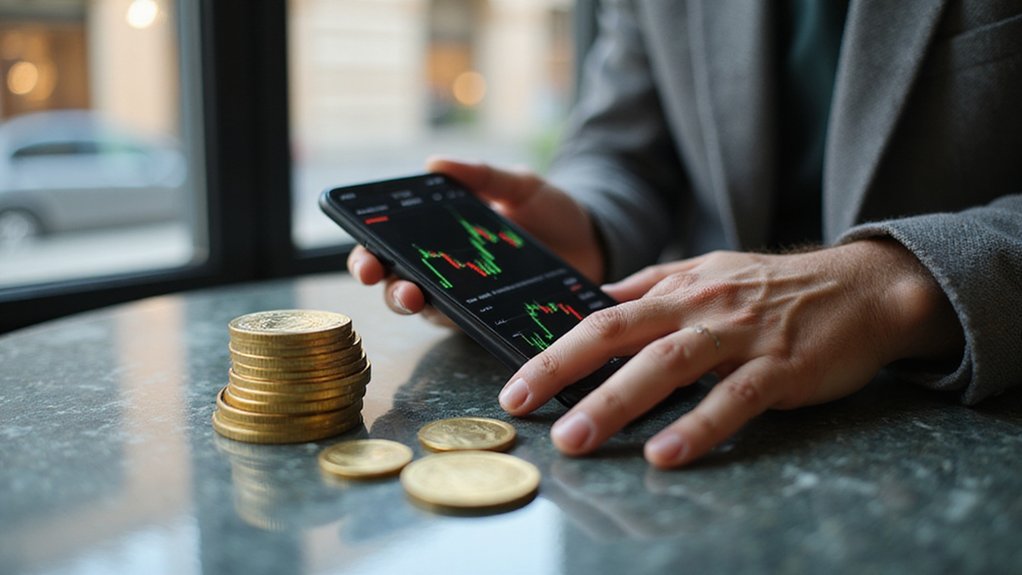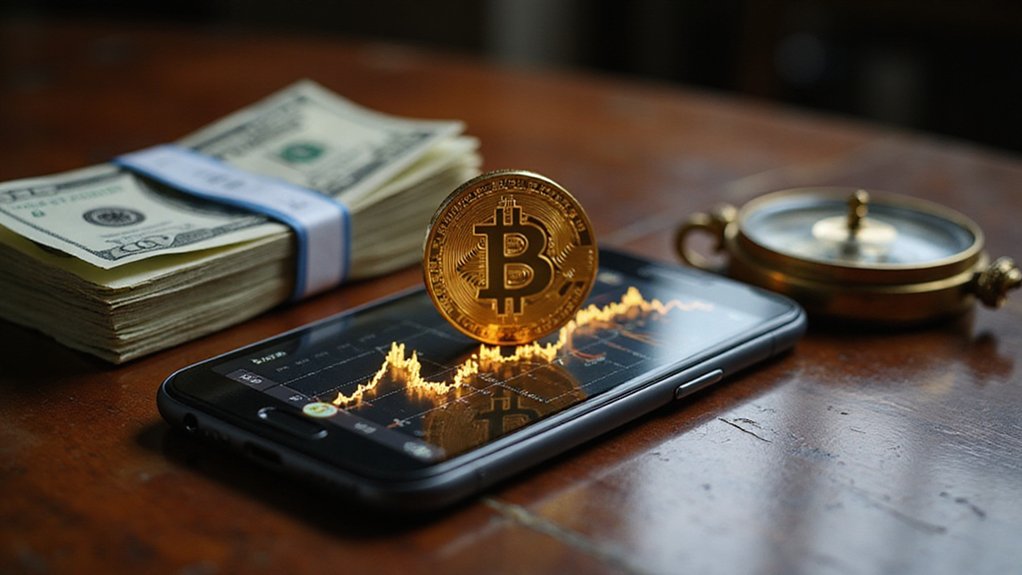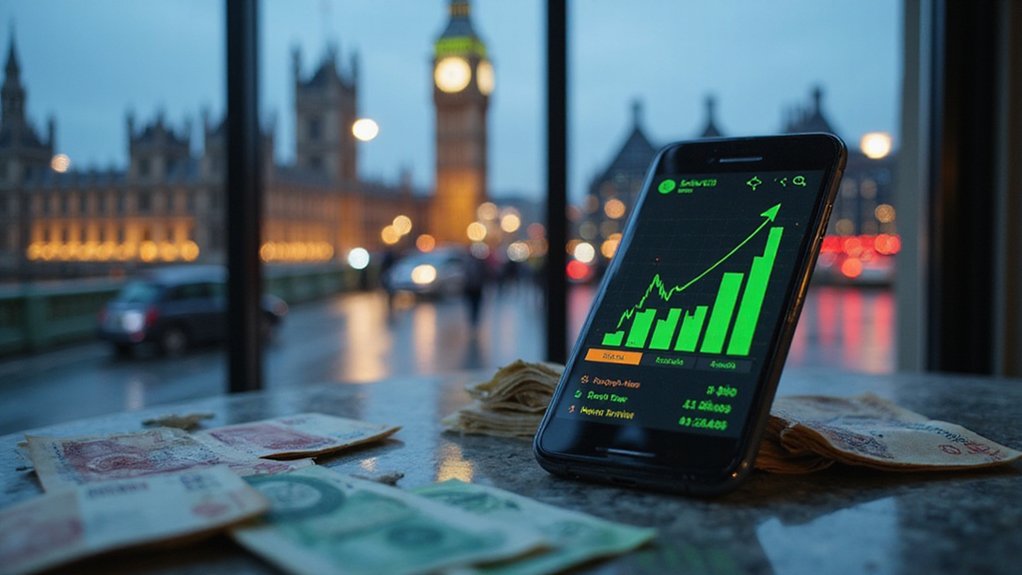BBVA has officially launched retail cryptocurrency trading services in Spain, marking the latest expansion of the Spanish banking giant’s digital asset offerings—and positioning itself as the first traditional financial institution in the country to venture into what was, until recently, the exclusive domain of fintech upstarts and crypto-native platforms.
Spanish retail customers can now buy, sell, and hold Bitcoin and Ether directly through BBVA‘s mobile app, creating what the bank describes as a “seamless user experience” that integrates crypto trading into traditional banking infrastructure. The service operates under full regulatory approval from Spain’s National Securities Market Commission (CNMV), granted in March 2025, and complies with the EU’s Markets in Crypto-Assets (MiCA) regulation framework—a regulatory scaffolding designed to impose order on an asset class that has historically thrived on chaos.
BBVA transforms chaotic crypto trading into regulated banking infrastructure, offering Spanish customers seamless Bitcoin and Ether access through traditional financial channels.
The offering allows customers to manage digital assets alongside conventional banking products, with BBVA maintaining custody through its own secure infrastructure rather than relying on external platforms. This approach eliminates third-party custody risks while ensuring transactions occur entirely within the bank’s controlled environment. Unlike decentralized finance protocols that eliminate traditional banks through blockchain-based smart contracts, BBVA’s centralized approach maintains institutional oversight and regulatory compliance.
No minimum deposit requirements exist, making the service accessible to all legally aged Spanish retail clients, though BBVA significantly refrains from providing investment advice—leaving customers to assume full responsibility for their trading decisions.
Spain represents BBVA’s third market for retail crypto services, following Switzerland in 2021 and Turkey in 2023. The Swiss launch initially targeted private banking clients with Bitcoin before expanding to include Ether and USDC, while Turkey’s Garanti BBVA subsidiary now offers a broader portfolio including Solana, XRP, and Avalanche.
The Spanish launch targets a wider retail demographic, suggesting strategic scaling of crypto services across BBVA’s European operations. Over eight financial institutions have applied for virtual asset service provider registration in Spain, indicating broader industry movement toward crypto adoption.
The bank plans to expand beyond Bitcoin and Ethereum to include other cryptocurrencies, stablecoins, and tokenized assets—a roadmap that reflects growing institutional confidence in digital asset infrastructure. By leveraging its established brand recognition and banking infrastructure, BBVA aims to differentiate its crypto offering from standalone platforms while encouraging mainstream adoption among Spanish retail investors who might otherwise remain skeptical of crypto’s Wild West reputation.









